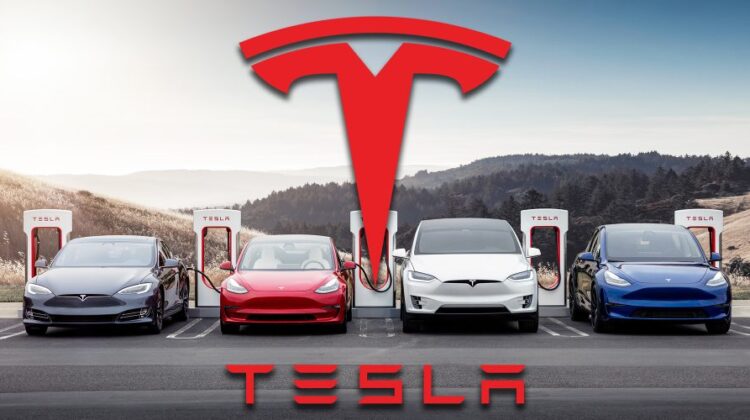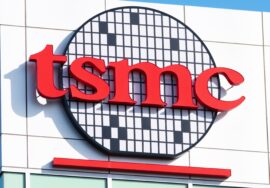

Tesla, interested in U.S. tax breaks for domestic battery production!
Tesla is pausing its plans to make battery cells in Germany!
Giga-Berlin has to wait for a while, as Tesla is looking at qualifying for U.S. electric vehicle and battery manufacturing tax credits, people familiar with the matter said, WSJ reports
Tweet on Tesla Berlin halt of battery production
Tesla, interested in U.S. tax breaks for battery production!@Tesla is pausing its plans to make battery cells in Germany, Berlin as it looks at qualifying for U.S. electric vehicle and battery manufacturing tax credits, according to @WSJ https://t.co/aaav5pVpAz
— The_Journalbiz (@the_journalbiz) September 15, 2022
Making more batteries domestically could help Tesla qualify for additional tax breaks, available under the Inflation Reduction Act, also known as the IRA, which President Biden signed into law last month.
The company, which has been working to produce its own batteries, has discussed shipping cell-making equipment it had intended to use at its Berlin-area factory to the U.S., the people said.
The law provides production tax credits that could offset more than a third of the cost of EV battery packs, analysts say—so long as the rechargeable cells are made and packaged in the U.S. It also extends a $7,500 tax credit available to buyers of certain EVs whose batteries meet various sourcing requirements.
Tesla’s move reflects how the new U.S. law is reshaping the EV industry, accelerating the race to secure domestic supplies of battery cells and related ingredients.
The shift in Tesla’s battery strategy comes as energy costs in Europe have soared as a result of Russia’s invasion of Ukraine, weighing on manufacturing businesses.
President Biden’s Inflation Reduction Act calls for at least 50% of an electric vehicle’s battery to be made in the U.S. to qualify for a federal discount.
Tesla Chief Executive Elon Musk has long discussed the importance of boosting cell supply, saying recently that “lithium batteries are the new oil.”
Traditional car makers, including GM and Ford Motor Co., also are expected to benefit from the tax credits as they race to open new battery factories through joint ventures with Korean cell manufacturers.






